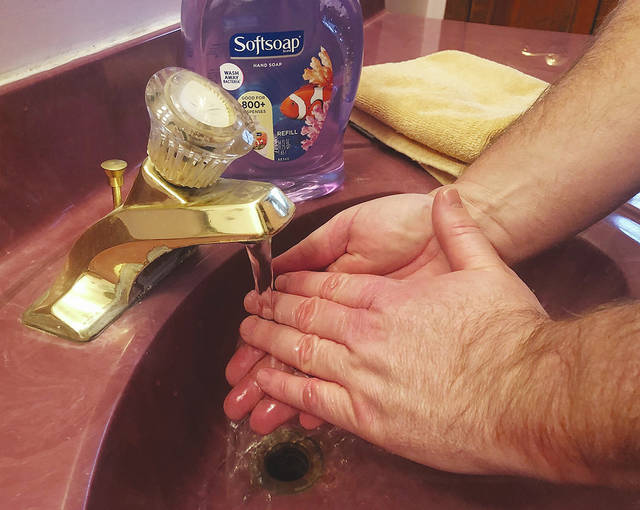
The Champaign Health District and the Clark County Combined Health District, in partnership with Ohio State University Extension offices, are investigating an outbreak of Cryptosporidiosis in people in both counties. Currently there are three confirmed cases, nine probable cases and 10 suspected cases of Cryptosporidiosis throughout Champaign and Clark counties. This current outbreak of Cryptosporidiosis has been linked to dairy calves in both counties.
Cryptosporidiosis is an infection with the microscopic parasite, Cryptosporidium. Cryptosporidium is found in soil, food, water or surfaces that have been contaminated with feces from infected humans or animals.
The primary symptom is watery diarrhea. Other symptoms include:
-Stomach cramps or pain
-Dehydration
-Nausea
-Vomiting
-Fever
-Weight loss
Symptoms typically present two to 10 days from the time of exposure to the parasite. Symptoms can last about one to two weeks, but an individual can be contagious for several weeks after symptoms stop.
The best prevention against cryptosporidiosis is hand washing. Wet hands with clean running water and apply soap. Lather all surfaces of hands and scrub for at least 20 seconds. Rinse with clean running water and dry with a clean towel or air:
-before preparing or eating food
-after using the toilet
-after changing diapers or cleaning up a child who has used the toilet
-before and after caring for someone who is ill with diarrhea
-after handling an animal, particularly young livestock, or its stool
-after gardening, even if wearing gloves
To prevent the spread of Cryptosporidiosis, disinfect surfaces and objects – especially those in bathrooms, diaper changing and food preparation areas – by soaking them with 3 percent hydrogen peroxide solution for at least 20 minutes and then rinse thoroughly with warm water. Typical bleach solutions are not effective disinfectants for Cryptosporidium.
The Champaign Health District and the Clark County Combined Health District, in partnership with The Ohio State University Extension offices have distributed targeted educational material to those most likely to come into contact with cryptosporidium as well as information to physicians to include Cryptosporidiosis in their differential diagnoses if patients present with the previously listed symptoms.
For more information or if you suspect you or a family member have come into contact with cryptosporidium, contact your local health district: Clark County, 937-390-5600; or Champaign County, 937-484-1605.


